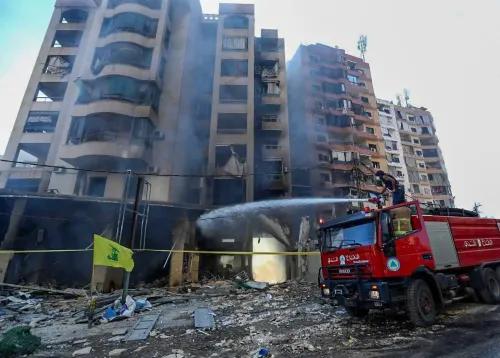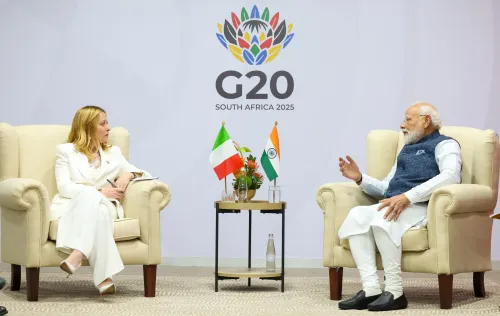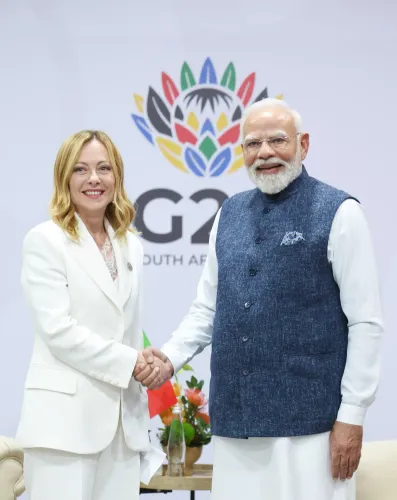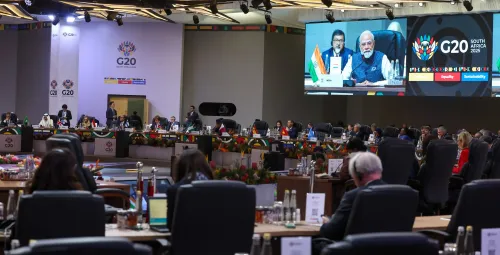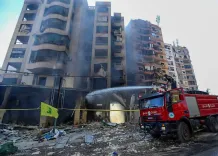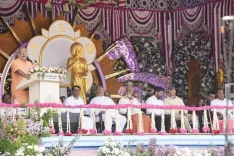What Are the Consequences of Political Violence in Bangladesh?
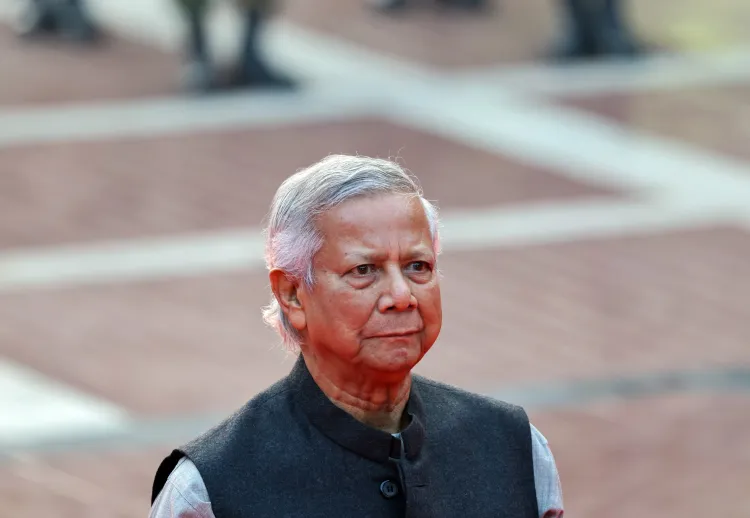
Synopsis
Key Takeaways
- 121 fatalities and 5,189 injuries due to political violence.
- The BNP was implicated in 92% of violent incidents.
- Concerns over a trust deficit regarding reform implementation.
- Increasing religious political influence noted over the past year.
- Instances of violence against women and religious minorities contradicting inclusiveness.
Dhaka, Aug 4 (NationPress) A staggering 121 individuals have lost their lives and 5,189 individuals have sustained injuries in a total of 471 incidents of political violence in Bangladesh from August 2024 to June 2025, as reported by Transparency International Bangladesh (TIB) on Monday.
The report was unveiled by TIB's Executive Director Iftekharuzzaman during a press conference at the TIB office located in Dhaka's Dhanmondi, with Senior Research Fellows Shahzada Akram and Zulkarnain presenting the findings.
According to the findings, the Bangladesh Nationalist Party (BNP) was responsible for a staggering 92 percent of the violence incidents, while the radical Islamist party Jamaat-e-Islami accounted for five percent, and the National Citizen Party (NCP) contributed one percent.
As quoted by Bangladesh’s leading newspaper 'The Daily Star', Zulkarnain stated, "We have found a significant lack of respect for the law among numerous political parties."
Iftekharuzzaman expressed concerns that the various reforms initiated by the interim government lack a well-defined implementation roadmap, leading to a trust deficit among the populace and stakeholders.
"We have uncovered instances of corruption and conflicts of interest involving members from the newly-formed political party, the interim government, and various political entities," he noted.
TIB raised alarms regarding the uncertain constitutional and legal implementation of the reforms outlined in the July Charter, despite some political consensus on certain proposals.
Additionally, the report emphasized that significant disparities remain among major political parties concerning foundational reforms in the Charter.
It further indicated that freedom of information and expression continue to face restrictions across Bangladesh.
Over the past year, the influence of religion-based politics has seen a notable increase in the country.
The report also highlighted troubling instances of violence and coercion against women and religious minorities, contradicting values of inclusiveness and non-discrimination.
Since the inception of the Yunus-led interim government, Bangladesh has experienced a surge in unprovoked and violent attacks targeting journalists, police officers, minorities, and individuals affiliated with the Awami League.
Allegations of killings, arbitrary arrests on false charges—particularly targeting journalists, unchecked mob violence, and incitement of religious violence, including attacks on Bangladeshi Hindus and the destruction of Hindu temples, have proliferated.

